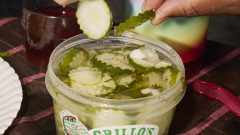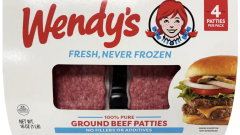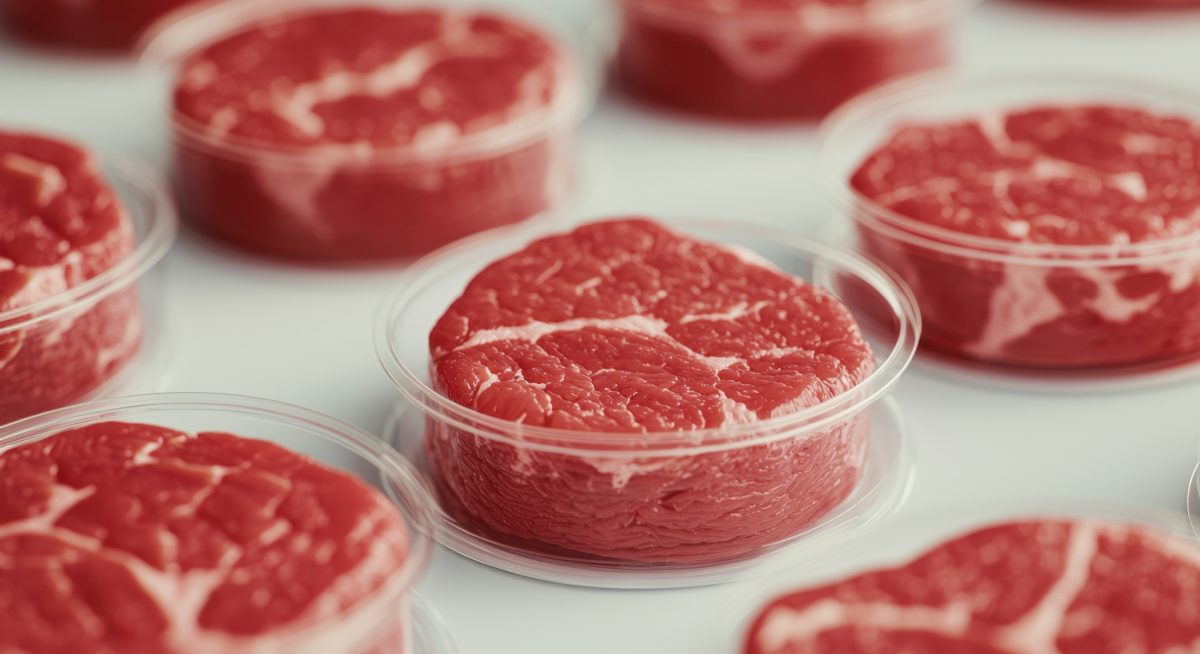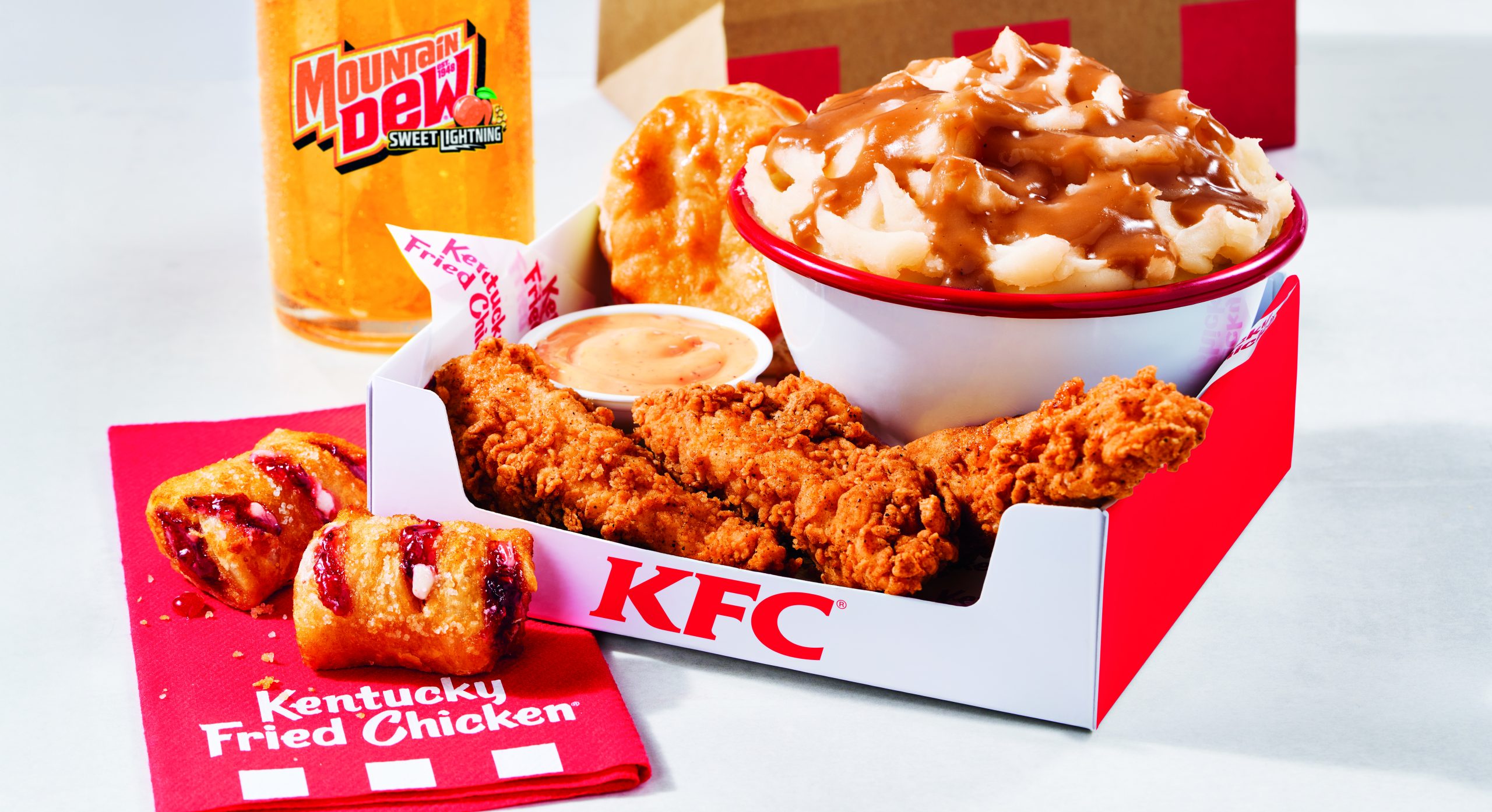The DISGUSTING Truth About Wearing Gloves While Handling Food
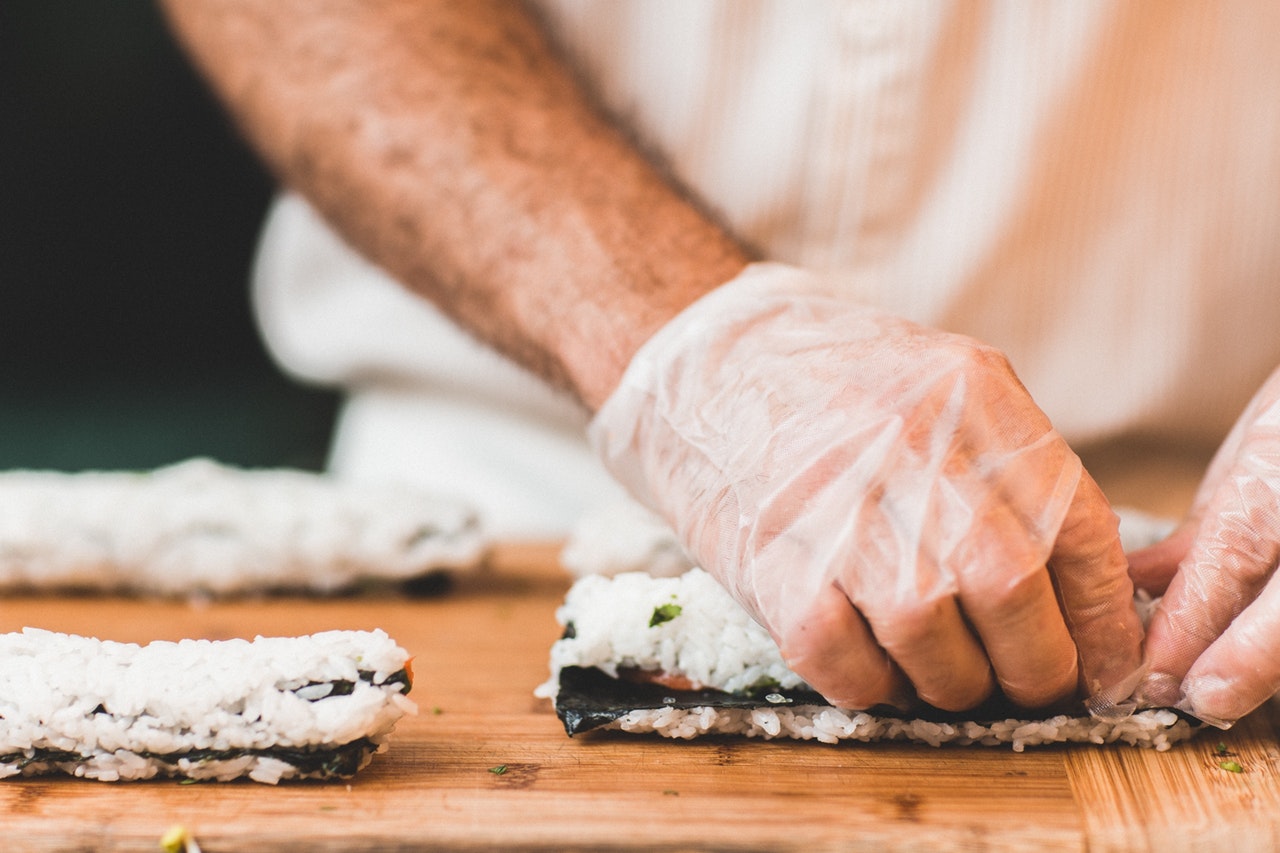
When Chipotle’s recent norovirus outbreak was discovered to be the result of a sick employee, issues of proper food safety and handling began to be questioned. Chipotle had a food safety program in place that managers may not have followed, but one thing that was a certainty was that gloves were worn while preparing food. That tends to be the standard for most food service practices, as people believe that wearing gloves prevents contamination of food via touch.
However, it may come as a shock to you that wearing gloves may be one of the most effective ways to spread pathogens in a food service system. Timothy Fisher, a Fresh Foods Department Manager and Culinary Institute of America (CIA) graduate, broke down the reasoning to Foodbeast.
“People wearing gloves touch all sorts of things besides food and continue to use the gloves. Technically they should change gloves after they’ve touched anything that isn’t food related, and most health standards say you should also wash your hands before putting on new gloves. But that takes so much time!
Most consumers, and most entry level food workers have this belief for some reason that gloves mean clean. But proper hand washing techniques negate the transmission of illness. How many times have you seen someone take their gloves off nearby or over your food? Ever think about how powdery and sweaty their hands are? Ever think about how that glove snapping off is probably spraying micro bits of that person’s sweat and glove powder into your food? If you haven’t you will now.”
Food safety researchers are in agreement with Fisher here. A 2004 study from Food Safety Magazine also revealed that those who wear gloves will fail to notice punctures or tears 50% of the time, meaning there’s a good chance that thousands of bacteria or virus particles can get into whatever that person is touching, which includes the food being served to you at a restaurant.
Another massive issue is that increased glove usage leads to decreased hand washing practices. Many food service workers reported in another study that they don’t always wash their hands or change their gloves when they should, including in the handling of raw meat. Proper hand washing is key to managing and preventing food contamination. Gloves, however, have created a false sense of security with handlers that bacteria can’t get into the food and thus, they only wash their hands 27% of the time it’s recommended to, according to the CDC.
Gloves should be worn properly, and the FDA recommends wearing them for most food handling purposes. However, as Fisher states below, hand washing is paramount before wearing gloves.
“People need to wash their hands. Gloves are NOT a food safety measure if the hands wearing them aren’t washed, and if they touch lots of stuff in the process of your food being created. They have their place but really… they have created a belief in food service that just by wearing gloves everything will be clean, it is creating (in my professional opinion) a culture of uncleanliness because the average person thinks gloves actually replace hand washing!”
This “culture” that Fisher talks about has already taken root, unfortunately, so it’s hard to trust a restaurant’s hygiene practices when their entire staff wears gloves as a result. However, if everyone is properly washing their hands, food contamination is kept to a minimum, regardless of whether gloves are worn.



